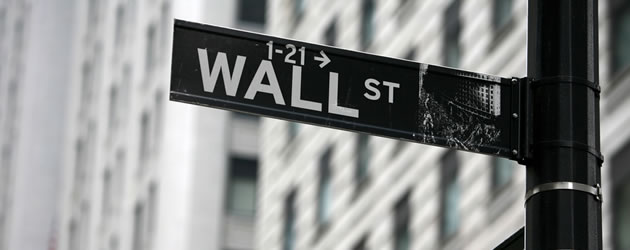 Over the next five days the Pound Sterling (GBP) exchange rate is forecast to experience notable volatility as a result of several high profile economic reports for the UK.
Over the next five days the Pound Sterling (GBP) exchange rate is forecast to experience notable volatility as a result of several high profile economic reports for the UK.
On Monday the Pound was holding steady against the Euro, US Dollar and Canadian Dollar but was stronger against the Australian Dollar and slightly softer against the ‘Kiwi’.
Last week Sterling put on a mixed performance as the increase in the UK’s Consumer Price Index surpassed expectations and the nation’s employment report indicated that domestic wage growth is still trailing inflation by quite a considerable margin.
While the UK’s improving economic outlook and overheating housing market have driven investors to bet that the Bank of England will issue its first interest rate increase in November this year, the less-than-hawkish remarks made by several policy makers over the past month have restrained expectations and limited the Pound’s upward momentum.
Furthermore, a report published yesterday hinted at the possibility of UK property prices cooling off in the months ahead.
A Rightmove House Price report showed that UK asking prices fell for the first time in 2014 in July. Prices slid by 0.8% on a month-on-month basis, taking the annual increase from 7.7% to 6.5%.
However, in the view of Miles Shipside (director of Rightmove) this result for July was ‘not unexpected as prospective buyers turn their attention to the summer holidays, not to mention the added distraction of an engaging World Cup.’
Rightmove also intimated that prices are likely to gather speed again before the end of the year.
The Pound Sterling (GBP) exchange rate may fluctuate tomorrow in response to the UK’s public finance figures and the Confederation of British Industry’s Business Optimism gauge.
However, volatility in the currency is far more likely to occur on Wednesday after the Bank of England publishes minutes from its July policy meeting.
At the meeting the BoE opted to leave interest rates unaltered and the level of asset purchases unchanged.
If these minutes show that some members of the Monetary Policy Committee believe that interest rates should be hiked in the near term the Pound could surge. Potentially, one or more of the MPC may have voted in favour of raising borrowing costs.
Other Pound Sterling (GBP) exchange rate news could occur in the days ahead following the release of the UK’s retail sales report for June. In May sales dropped by 0.5% on a month-on-month basis, but economists are expecting a rebound in June. It is believed sales will have risen by 0.3% on the month, taking the year-on-year figure to 4.6%.
An on-target or better-than-expected result would be Pound-positive.
As the week draws to a close a final flurry of Pound Sterling (GBP) exchange rate movement could be caused by the UK’s second quarter growth data. It has been forecast that the UK’s economy expanded by 0.8% in Q2 on a quarter-on-quarter basis. UK economic growth is expected to be up 3.1% on the year.
If the reports confirm that the UK’s economic recovery is continuing at a comparatively impressive pace, the Pound Sterling (GBP) exchange rate could end the week on a high against peers like the Euro and US Dollar.
Pound (GBP) Exchange Rates
[table width=”100%” colwidth=”50|50|50|50|50″ colalign=”left|left|left|left|left”]
Currency, ,Currency,Rate ,
Pound Sterling, ,US Dollar,1.7085,
,US Dollar,1.7085,
Pound Sterling, ,Euro,1.2631,
,Euro,1.2631,
Pound Sterling, ,Australian Dollar,1.8214,
,Australian Dollar,1.8214,
Pound Sterling, ,New Zealand Dollar,1.9633,
,New Zealand Dollar,1.9633,
US Dollar, ,Pound Sterling,0.5843,
,Pound Sterling,0.5843,
Euro, ,Pound Sterling,0.7915,
,Pound Sterling,0.7915,
Australian Dollar, ,Pound Sterling,0.5489,
,Pound Sterling,0.5489,
New Zealand Dollar, ,Pound Sterling,0.5089,
,Pound Sterling,0.5089,
[/table]

Comments are closed.